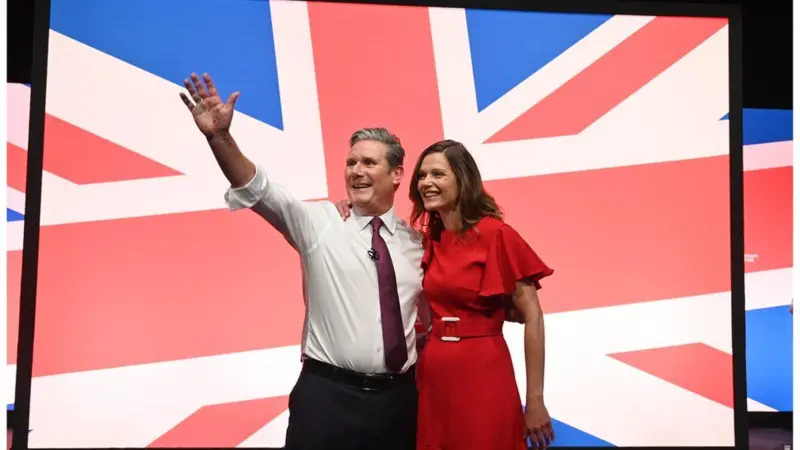
On Friday, King Charles III officially appointed Labour leader Keir Starmer as the new Prime Minister of the United Kingdom. The appointment followed the Labour Party’s landslide victory in the general election. A photograph released by Buckingham Palace showed King Charles III shaking hands with Starmer during their meeting.
King Charles III accepted the resignation of former Prime Minister Rishi Sunak and subsequently requested Starmer to form a new administration. Starmer accepted the offer and was formally appointed as Prime Minister and First Lord of the Treasury.
In his congratulatory message, Nigeria’s President Bola Tinubu praised Starmer’s determination and leadership qualities, which led to the Labour Party’s resurgence after 14 years in opposition. Tinubu highlighted the party’s ability to reform, mobilize, and position itself for victory as a testament to Starmer’s leadership.
Who is Keir Starmer?
Keir Starmer became the Labour Party leader four years ago, succeeding Jeremy Corbyn. Under his leadership, the party aimed to rebuild public support and ultimately won the recent general election, ending 14 years out of government.
Early Life and Career:
Born in London in 1962, Starmer grew up in Surrey, the son of a nurse and a company employee who were staunch Labour supporters. He was named after Keir Hardie, the first leader of the Labour Party. Starmer studied law at Leeds and Oxford and became a human rights lawyer, working on cases like the abolition of the death penalty in the Caribbean and defending environmental activists against McDonald’s.
Political Career:
Starmer entered Parliament in 2015 as the MP for Holborn and St Pancras. He served as the shadow home affairs minister and later as the opposition’s Brexit secretary, advocating for a second referendum on EU membership. After Labour’s defeat in the 2019 election, Starmer became the party leader, focusing on unifying the party while maintaining some of Corbyn’s “radical” policies.
Policies and Positions:
Starmer has moderated some of Labour’s positions to gain broader support. He has suspended initial promises for free university education and the nationalization of energy and water supply, citing financial constraints. However, he plans to return the country’s railways to government control and impose corporate tax on private school fees. In environmental policy, Starmer has committed to significant investments in clean energy and aims to eliminate polluting substances from electricity production by 2030.
Foreign Policy:
Starmer supports Israel’s right to self-defense following attacks by Hamas and has backed British military actions against Houthi fighters in Yemen. He advocates for new cooperation agreements with the EU on food, environment, and labor.
Starmer is married to Victoria Alexander, with whom he has two daughters. He is a football enthusiast and an Arsenal fan. Known for his disciplined and law-abiding nature, he once revealed he was arrested as a teenager for selling ice cream without a permit, but no charges were pressed.
Keir Starmer’s rise to Prime Minister marks a significant shift in UK politics, with expectations for both continuity and change in his administration’s policies and approaches.

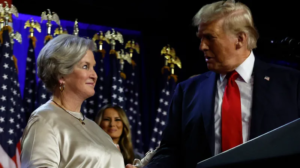
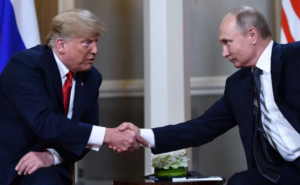
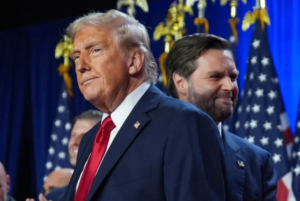

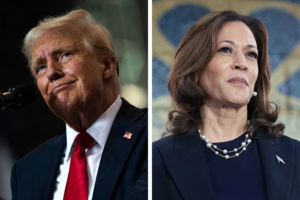
Be First to Comment